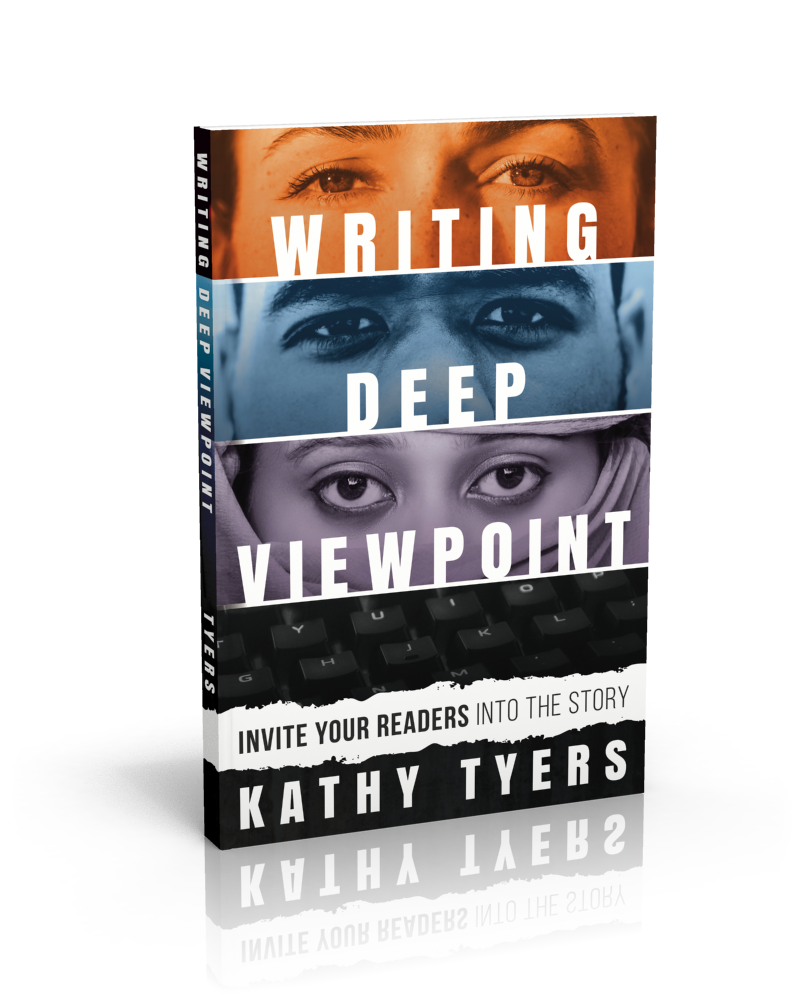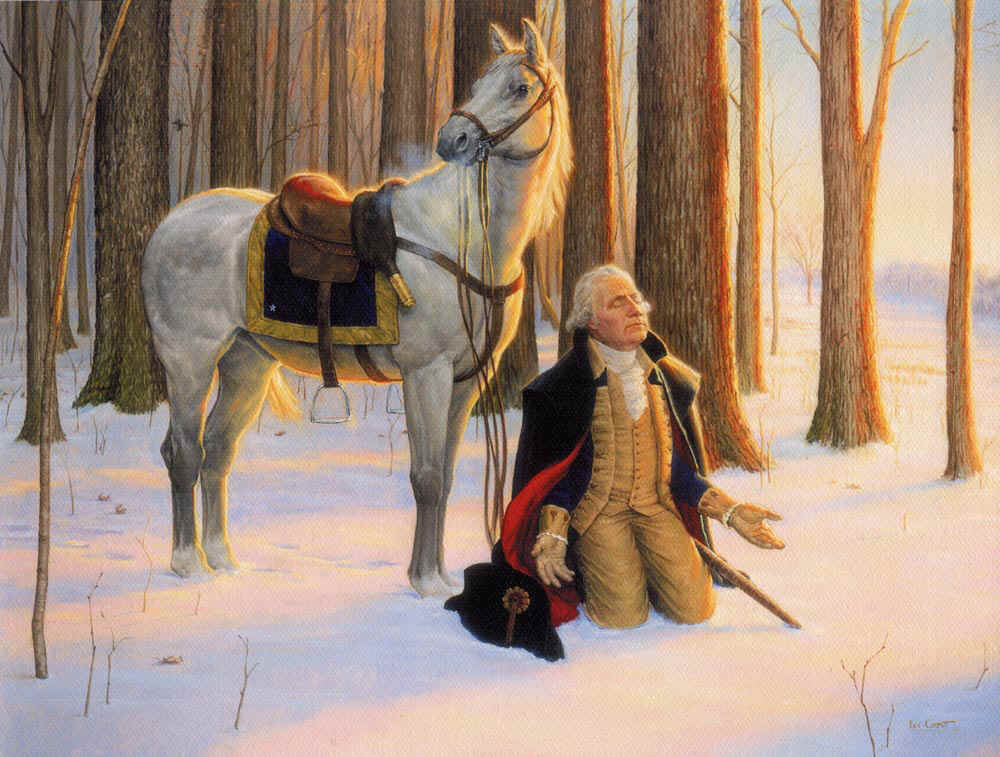With Summer in full mid-form and some planning the rest of their year’s writing efforts, I thought it might be a good chance for you to post below any question you might have about the publishing business.
Editing? Proposals? Why so many rejections? How does it all work? Will Amazon doom us all? Are bookstores dying? etc. I only ask that you keep within the topic of writing and publishing. I can’t solve your calculus homework. I won’t comment on political debate. And while I might like to weigh in on the Kenotic Theory regarding Jesus’ incarnation, it would not be a good fit for this blog.
Some may be answered below. Some may be saved for a longer blog post later this Summer. Be aware that some questions may not be able to be properly answered in a short post.
I recently did a “Ask Me Anything” session at a writers conference. It was scheduled for an hour. The fifty people who attended had a lot of questions and it lasted three hours (with me losing my voice by the end)!
Please let us help you on your journey.
You can also ask more than one question. There isn’t a limit.











